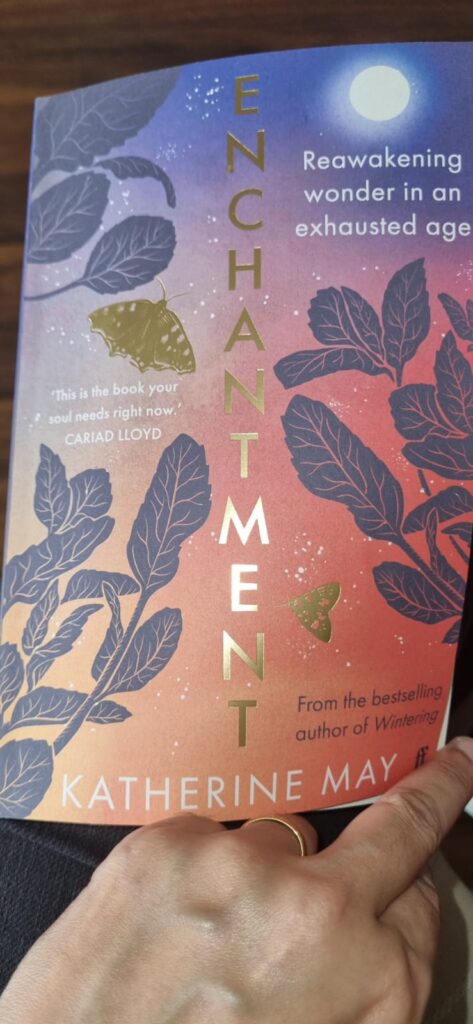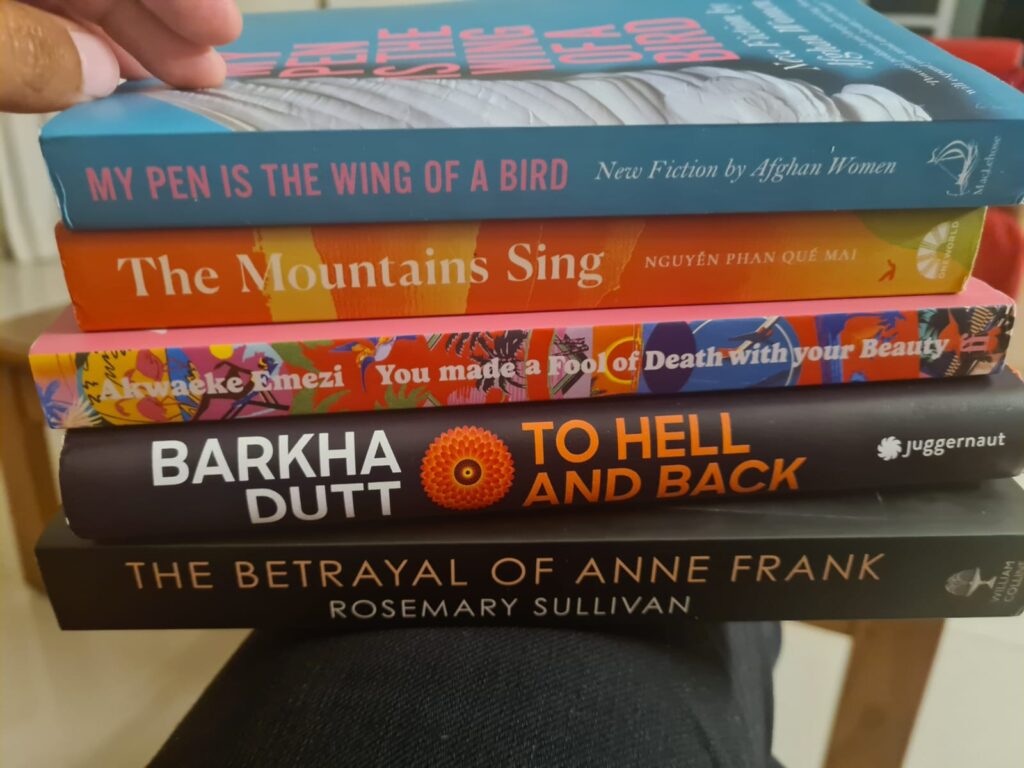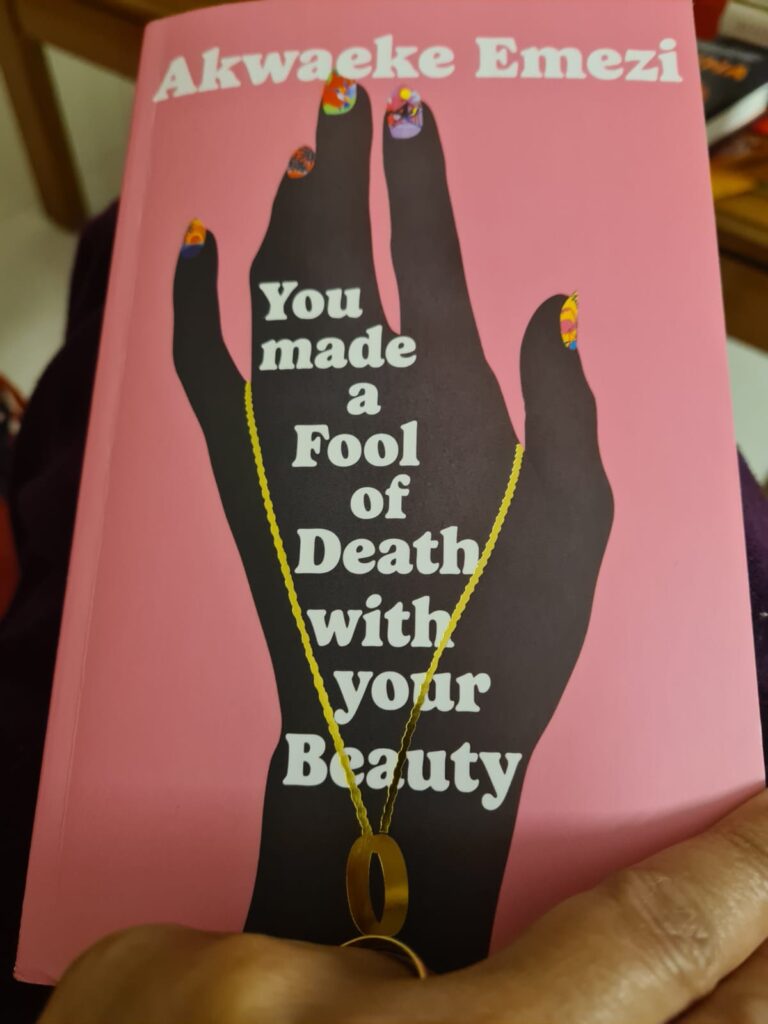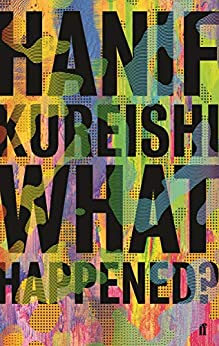Katherine Rundell, “Super-Infinite: The Transformations of John Donne”
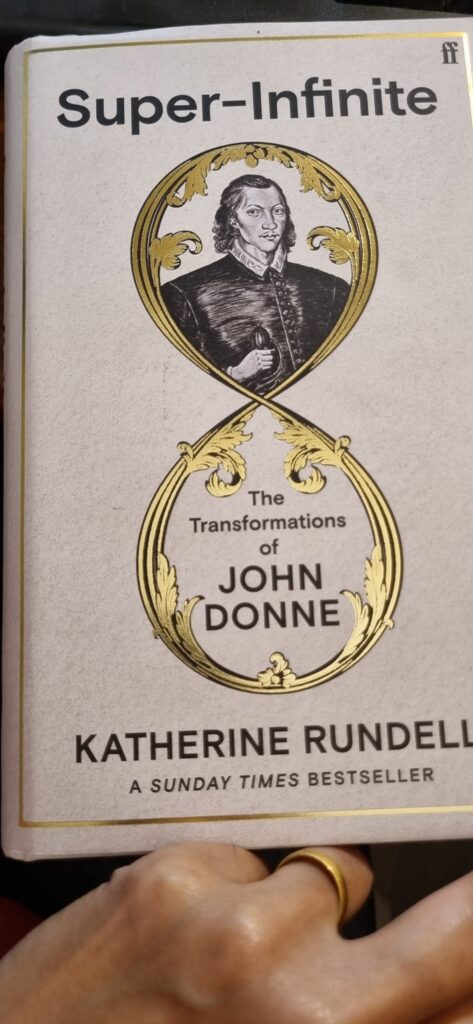
[I wrote this commentary about Katherine Rundell’s Super-Infinite: The Transformations of John Donne on Facebook, the night of the Baillie Gifford award. ]
“Parnell and Pope and their many allies were men who believed that art had rules: that poetry was a monovocal exercise; that there was one poetic voice, and we should stick to it. Years later, when Samuel Johnson compared Donne’s ‘false wit’ withh Pope’s ‘true wit’, it wasn’t a throwaway comment: it was real anxiety that Donne might be nigh-on insane. His work, for Johnson, was improper and ugly and broken — it was ‘produced by a voluntary deviatuon from nature in pursuit of something new or strange’.
But that was exactly it. Donne did not want to sound like other poets. Human experience exceeds our capacity to either explain or express it: Donne knew it, and so he invented new words and new forms to try. He created new rhythms jn poetry: Johnson said that Donne, ‘for not keeping of accent, deserved hanging’. He was an inventor of words, a neologismist. He accounts for the first recorded use in the “Oxford English Dictionary” of around 340 words in the English language. Apprehensible, beauteousness, bystander, criminalise, emancipation, enliven, fecundity, horridness, imbrothelled, jig. (And for those who bristle against the use of ‘disinterested’ to mean ‘not interested’ rather than ‘lacking a vested interest’: Donne was the first to do so, and we must take it up with him.)
He wanted to wear his wit like a knife in his shoe; he wanted it to flash out at unexpected moments. He is at his most scathing writing about originality, and those who would steal the ideas of better men:
But he is worst who, beggarly, doth chaw [ i.e. chew]
Others’ wits’ fruits, and in his ravenous maw
Rawly digested doth those things outspew
As his own things . . .
Donne imagined his own words taken by another. He imagined them chewed up and expelled:
And they’re his own, ’tis true,
For if one eat my meat, though it be known
The meat was mine, the excrement’s his own.
…..
To read Donne is to be told: kill the desire to keep the accent and tone of the time. It is necessary to shake language until it will express our own distinctive hesitations, peculiarities, our own uncertain and never-quite-successful yearning towards beauty. Donne save his most ruthless scorn for those who chew other wits’ fruit’, and shit out platitudes. Language, his poetry tells us, is a set, not of rules, but of possibilities.
***
Katherine Rundell’s “Super-Infinite: The Transformations of John Donne” is a gorgeous biography of the poet. It is meant to be savoured. It is a like the old-fashioned biographies that were detailed but “Super-Infinite” has a very modern feel to it. Btw, the reference to “Super-Infinite” is from a sermon that Donne gave at the poet George Herbert’s mother’s memorial service.
…Magdalen Herbert…a woman who had been his patron and friend. Magdalen, he wrote, would ‘dwell bodily with that righteousness, in these new heavens and new earth, for ever and ever and ever, and infinite and super-infinite forevers’. In a different sermon, he wrote of how he would one day be with God in ‘an infinite, a super-infinite, an unimaginable space, millions of unimaginable spaces in heaven’. He loved to coin formations with the super- prefix: super-edificationa, super-exaltation, suoer-dying, super-universal, super-miraculous. It was part of his bid to invent a language that would reach beyond language, because infinite wasn’t enough: both in heaven, but also hereand now on earth, Donne wanted to know something larger than infinity. It was absurd, grandiloquent, courageous, hungry.
This splendiferous book is on the shortlist for the Baillie Gifford Prize 2022. The winner will be announced tonight, 17 Nov 2022.
Update: Katherine Rundell won!!
17 November 2022 / 15 Feb 2023

